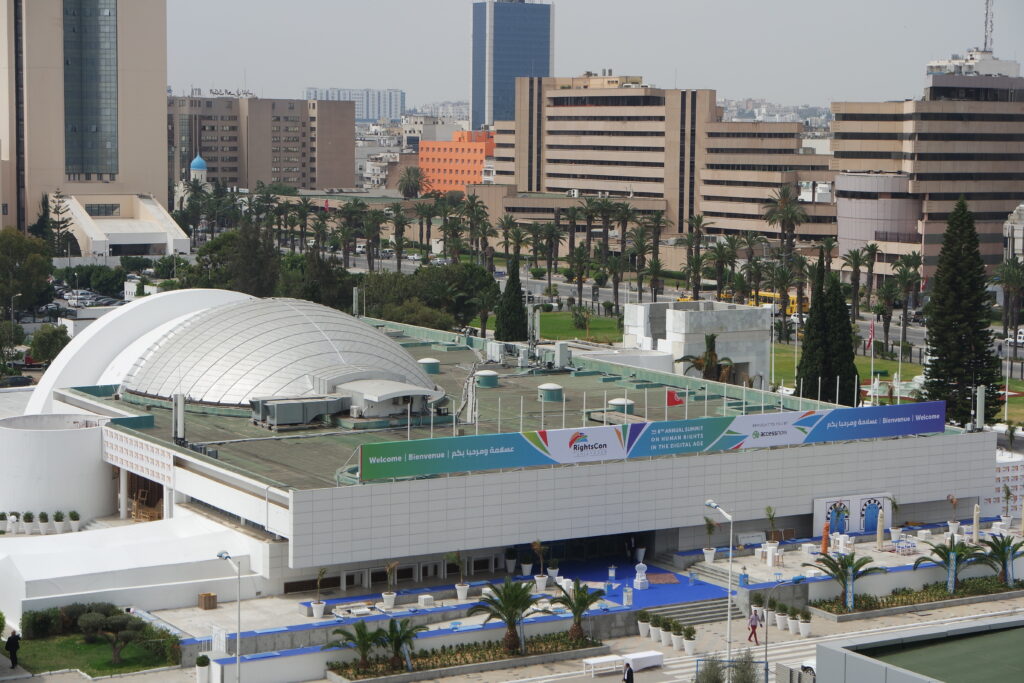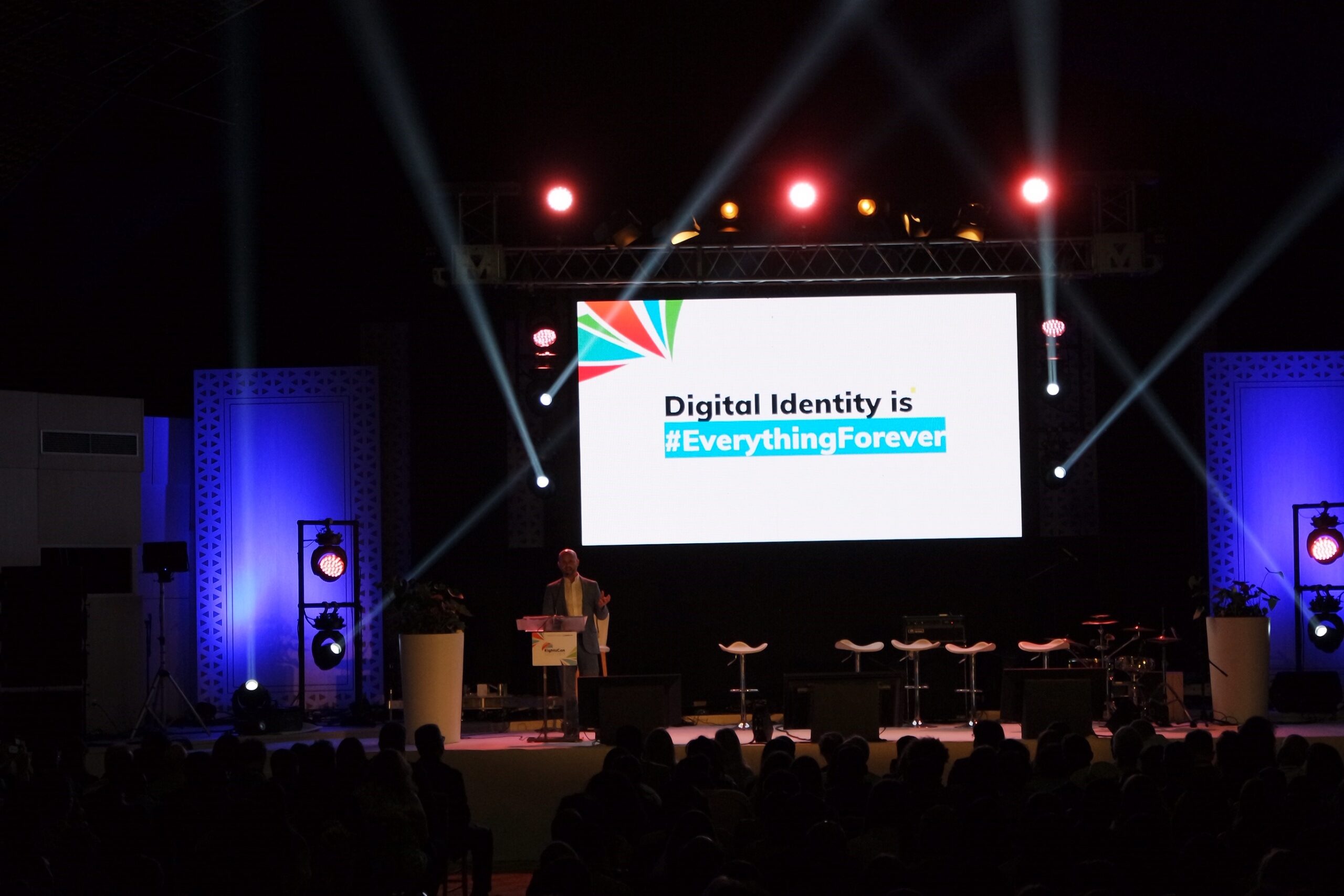#RightsCon2019: My first workshop

This week, NIMD’s Will Derks is in Tunis attending #RightsCon2019. As Innovation Advisor, he’s there to discover the latest ideas and inventions that can help us use technology to further democracy. Every day, he will be sharing the lessons learned and the stories of people he’s met while in Tunis. This is part 2 of his conference diary. Click here to read part 1.
Out of the 450+ sessions to be held during this conference on human rights in the digital age, the first one I chose to attend was about ‘Smart Cities: Their Future or Yours’. That choice was mainly based on my personal conviction that the city will become the most important political unit of the future, not the nation state, which is failing us increasingly. Incidentally, therefore, I am quite happy with the fact that NIMD together with VNG International is now preparing a project that will focus on the political infrastructure of cities in three different countries.

So I thought: ‘Smart Cities’: let’s go for it. But as I admitted earlier, I am not really a digital native – sorry! — so I was surprised to learn that the term ‘Smart City’ meant something quite different from what I thought. It actually refers to a form of surveillance capitalism. An increasing number of city governments around the world appear to be creating public-private partnerships for the development of parts of the urban environment they govern, from the Internet up. So in fact, Smart Cities are data-driven projects that bring with them the usual problems with regard to privacy, ownership of the data, and accountability – not only of tech companies but also of city governments.
Several examples were discussed, amongst them the case of the plans developed by both the Berlin Government and Google for the famous district of Kreuzberg, which even before they were realized made the housing rents increase by 20%. As the locals, about 150,000 in number and well-known for their left-leaning sentiments, weren’t consulted in any way, they gathered under the banner of what was dubbed ‘F*** Off Google’ and chased the company out of Kreutzberg. But, as a German participant noted, the tech company didn’t really pull out, it just went somewhere else, with the blessing of the Berlin Government.
The remainder of the session focused on how to ‘civilize’ such projects and make them more transparent, inclusive, ethical, etc., as well as hold tech companies and city governments accountable. What one often sees it that 21st century phenomena such as Smart Cities can thrive in legal environments from the 19th century. What impressed me most, therefore, was what the concept of ‘Open Smart Cities’ developed by the Canadian organization OpenNorth. In its ‘Open Smart Cities Guide’ it has created a living document that can help regulate Smart Cities projects in a way that is fit for the digital age in which we now live. Check it out!
